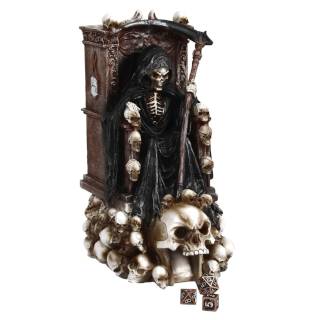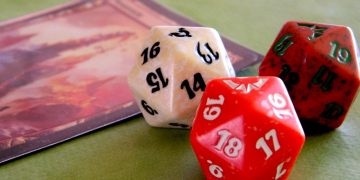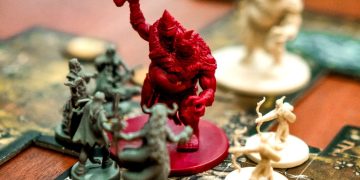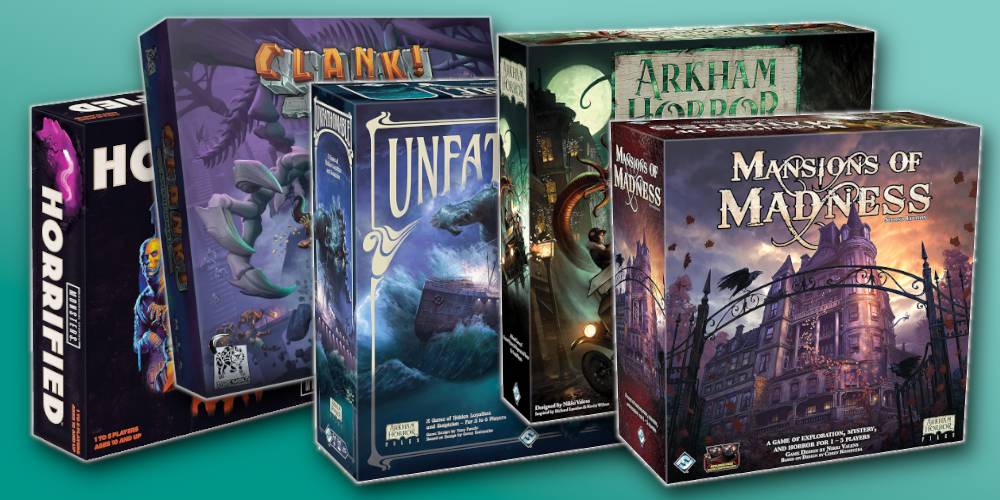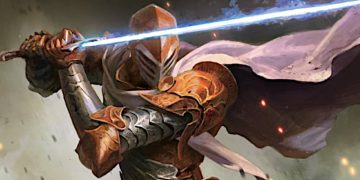Tip 1: Always Look to Sneak Attack
When it comes toD&D 5ecombat, Rogues live forSneak Attack.
Starting at first level, Sneak Attack adds an extra 1d6 damage to your attacks. And then on every odd level (i.e. levels 3, 5, 7…), Sneak Attack’s damage increases by another 1d6.
Sneak Attack represents your roguish ability to exploit vulnerabilities when a target is distracted or incapacitated.To trigger Sneak Attack, your target must have another enemy (besides yourself) in melee range OR you must be attacking with Advantage.
To make things even more exciting, if Sneak Attack is applied to a critical attack, you get to double the amount of dice rolled for Sneak Attack as well. Now that’s a lot of damage!
It’s important to note that Sneak Attack can only be applied to one attack per round, even if you’re dual-wielding or able to attack multiple times per round.
Tip 2: Your Secondary Attribute Matters
Dexterity is the key attribute in most Rogue abilities, including attack bonuses and damage bonuses for most finesse weapons, as well as for disarming traps. Always go for Dexterity as your main attribute.
But a Rogue’s secondary attribute isn’t as clear-cut.Your decision on where to focus your attribute points will depend on how you intend your character to fit into the party and what their role will be.
Related:Standard Array vs. Point Buy vs. Dice Rolls, Compared (for D&D Character Creation)
If you want your character to be alert and skilled at spotting dangers before they arrive and able to read people well, focus onWisdom.
If you want your character to be able to disguise themself in nearly any situation and smooth-talk their way out of trouble, focus onCharisma.
If you want your character to fit more along the “arcane trickster” route, focus onIntelligence(to make your spells harder to resist).
Most of the time, a Rogue should put their attribute points into one of the aforementioned mental traits rather than Strength or Constitution.
Tip 3: Pick Your Expertise Wisely
InD&D 5e, Rogues have a unique class mechanic calledExpertise, which allows you to become an expert in certain Proficiencies—and your Proficiency Bonus doubles whenever you make an ability check that uses a Proficiency in which you have Expertise.
Rogues get their first Expertise at 1st level, allowing them to pick two Proficiencies to become experts in. Rogues get their second Expertise at 6th level, where they pick two more Proficiencies.
Expertise is powerful because the Proficiency Bonus grows with your character as they gain levels.But once your Expertise is declared, it’s permanent (unless your DM permits you to change it) so think hard about what you want your character to be an expert in.
Related:How to Play an Evil Character in D&D (Without Losing Your Friends)
Not sure where to put your Expertise?
Most players take this bonus onStealth, since that’s one of the most useful skills inD&D 5eas far as avoiding conflict. Other popular choices includeInvestigation(to find traps),Deception, andPersuasion(to talk one’s way out of trouble).
You can also choose to be an expert inThieves' Tools, which makes it a lot easier to pick locks and disarm traps.
Tip 4: Don’t Forget About Evasion
Rogues don’t typically get a lot of Hit Points, so anything that helps them to avoid damage is essential in combat—which is why it’s vital that you don’t forget that you haveEvasion.
Starting at 7th level, Rogues can Evade any effect that involves a Dexterity saving throw to only take half damage: with Evasion, a successful Dexterity saving throw meansyou take no damage, while a failed Dexterity saving throw meansyou take half damage.
That immediately improves your Rogue’s ability to survive nasty spells and attacks, most notably area-based effects like breath attacks.
You do NOT have to expend a Reaction to Evade an effect, and you aren’t limited in how many times you can Evade per round. Evasion applies to ANY effect with a Dexterity saving throw for half damage, including traps that aren’t successfully disarmed.
Related:Why Playing D&D Is Good for You: The Benefits
Tip 5: Don’t Underestimate Cunning Action
Starting at 2nd level, Rogues get an ability calledCunning Action, which allows them to use Dash, Disengage, or Hide as a Bonus Action rather than as a full Action. This gives your Rogue a way to move around and slip through the battlefield very quickly.
Dashdoubles your movement speed andDisengageallows you to move away from hostile creatures in melee range without provoking an Opportunity Attack. Both are great for dipping in and out of fights.
Hideallows you to make a Stealth check at the start or end of your turn to potentially give yourself Advantage on your next attack. In other words, you can use a Bonus Action to set up Sneak Attack next turn!
Read next:How to Be a Good D&D Player That DMs Love Playing With



![]()


